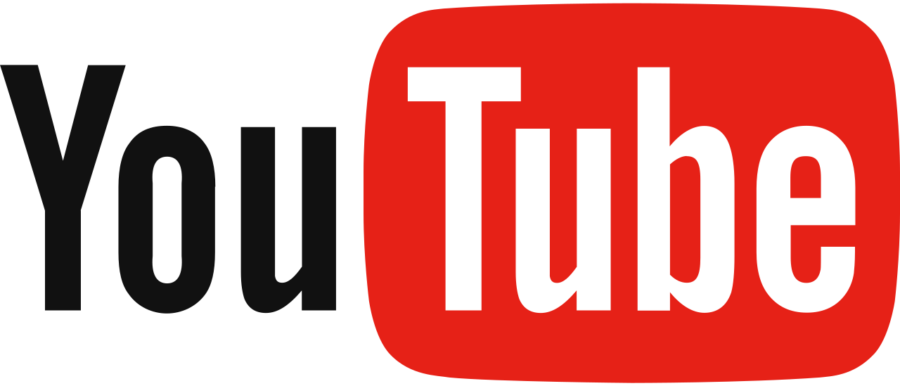Reviews based on trailers need to be more cautious
It’s harmless fun for fans, but the commentators are happy to get the views, and the advertising cash.
April 8, 2019
It happens every time a trailer for an anticipated movie or TV show is released: YouTube is suddenly flooded with videos by so-called experts claiming to be able to break down the trailer with an in-depth analysis.
These self-proclaimed experts explore every possible theory or symbol in a trailer, and then they explain what they think each one really means. But why are these commentators so popular when they can’t know as much as they claim?
The answer is pure excitement. When a popular new trailer is released, those who view it are practically dying to talk about it.
When people are really looking forward to an upcoming movie or TV show, they will gladly watch any videos or read any articles about it. Most people don’t even check who made the video or wrote the article. They are more focused on the information and less concerned about the source.
These so-called experts feed into fans’ desire to talk about the next trailer for an anticipated movie or TV show. Fans go crazy over trailers for the newest Netflix shows, such as the one for the third season for Stranger Things, which had 4.5 million views in just the first few hours.
This goes to show how popular some trailers can be, and how easy it is for these pop culture commentators to sweep in to appeal to fans’ curiosity. The higher the popularity of the trailer, the more so-called experts there will be, and the more people will read or watch what they have to say.
Make no mistake, this all about getting views on these commentary videos, which leads to more advertising revenue for the commentators. The beauty of this model is that no matter what they say, by the time to movie or TV show is released, no one will really remember who was right and who was wrong.
It’s harmless fun for fans, but the commentators are happy to get the views, and the advertising cash.



